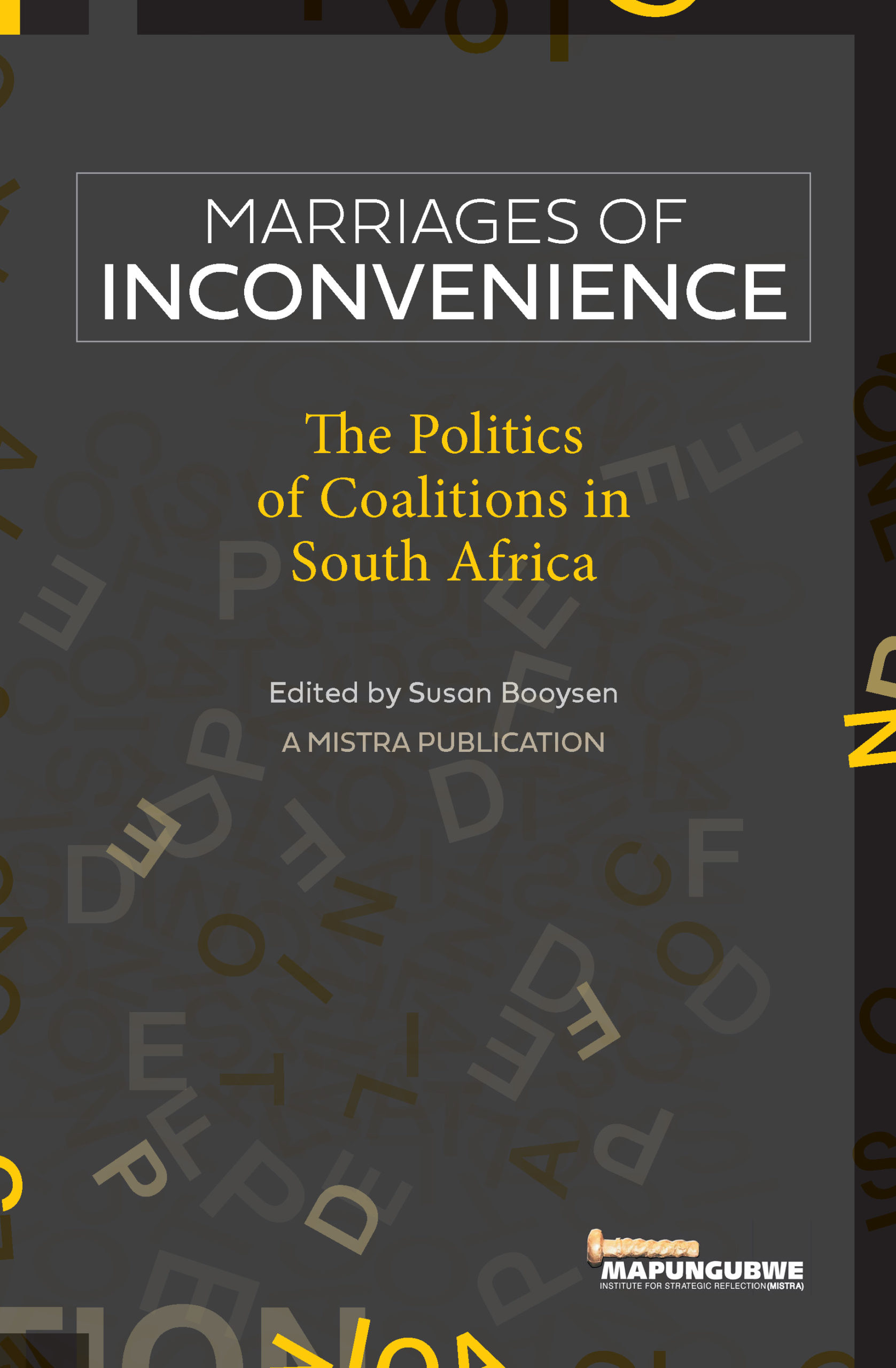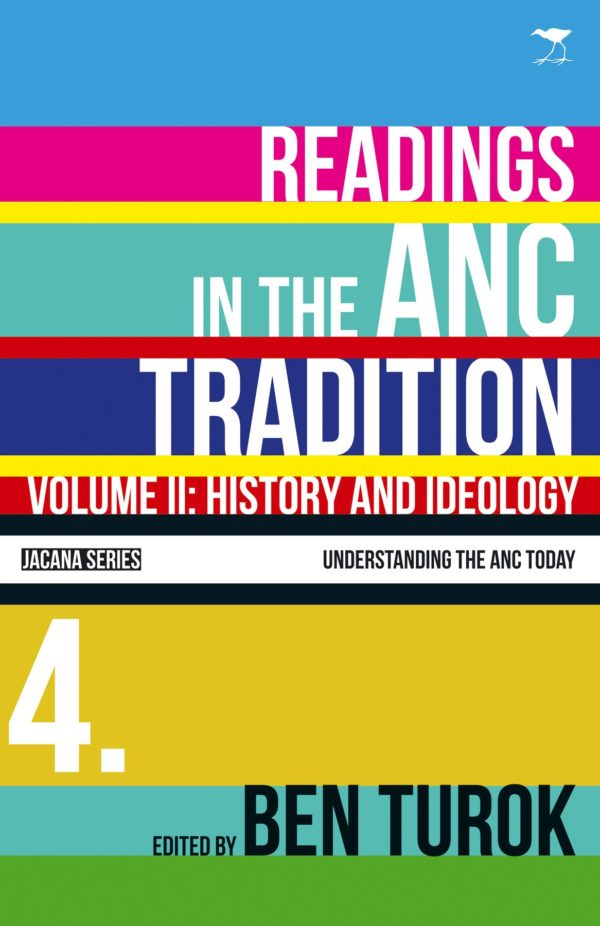
Marriages of Inconvenience: The politics of coalitions in South Africa
R380.00
For all the critique of interparty coalitions, they become inevitable – and essential instruments of governance – when absolute majorities are not realised in an election. Such governments are, in a sense, a product of the people’s will in that the electorate asserts a lack of overwhelming confidence in any single contestant in the polls.
Marriages of Inconvenience: The politics of coalitions in South Africa is a research- based volume that collates and interprets lessons that South Africa should take to heart in managing such eventualities. This book explores domestic experiences of coalition government as well as case studies from the rest of the African continent and instances further afield.
On the whole, it would seem that South Africa is poorly equipped for coalition politics. This volume seeks to distil the factors that leverage successful coalitions, along with those that undermine them. Authors show that instability in coalitions is not an inevitable product of multiparty governance. In many countries, and indeed in some municipalities in South Africa, there is appreciation of the need to govern cooperatively, constructively and in the popular interest when coalitions become inevitable.
Various chapters of this volume reveal the stabilising effects of coalitions when political parties engage in mature consensus-building and cooperation to deliver effective governance. But there is also acknowledgement of co-governing arrangements beset with debilitating rivalry, which result in severely compromised governance and services to the public. Marriages of Inconvenience: The politics of coalitions in South Africa identifies and explores critical questions about how to stabilise coalition governance in the South African setting. The volume is an essential guide for both practitioners and analysts.
6 in stock
Deliveries Within South Africa
Free shipping for all orders over R600.
R80.00 flat rate for all orders less than R600.
International Shipping
If you want your order shipped anywhere outside of South Africa, please email websiteorders@jacana.co.za with the list of titles and physical delivery address and contact number. Our team will be in touch to advise on the cost and when you could expect to receive it.
If you are ordering from a country outside of South Africa, please complete your purchase as directed. You will then be contacted by one of our admin team to arrange shipping and delivery to wherever needed.
December Holiday Season
Our last, full (24hr) trading day is 22 December 2020 and we’ll be back to work 6 January 2021. Any orders placed between 18 December 2020 and 5 January 2021 will only be despatched from the warehouse on our return.














